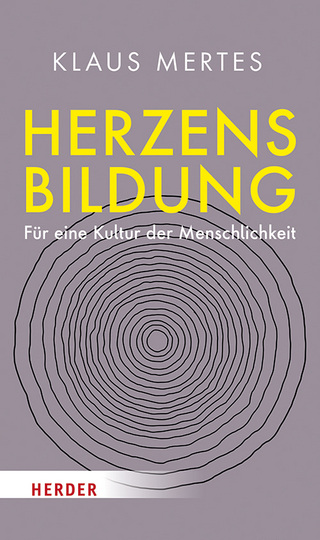
Egypt's Identities in Conflict
The Political and Religious Landscape of Copts and Muslims
Seiten
2018
McFarland & Co Inc (Verlag)
978-1-4766-7120-8 (ISBN)
McFarland & Co Inc (Verlag)
978-1-4766-7120-8 (ISBN)
The basis of much conflict and a source for recurrent political instability within Egypt is the inability to define a common national identity. The lack of a shared identity affects all Egyptians, but it impacts Egypt's Coptic Christians the most deeply.
Egypt's lack of a common national identity is the basis for much of its internal conflict--Coptic Christians have been particularly affected. Once major contributors to Christian civilization, their influence ended with the fifth century Council of Chalcedon and they endured persecution. With the seventh century Arabization of Egypt, Copts were given dhimma or "protected persons" status. The 1919 Revolution granted them greater political participation, but the 1952 Revolution ended liberal democracy and established a military regime that championed Arab identity.
Secular Egyptians rebelled against the Mubarak regime in 2011, yet his successor was the Muslim Brotherhood's Mohamed Morsi, Egypt's first Islamist president. In yet another revolution over national identity, secular factions ousted Morsi in 2013 while in the chaos that followed, the Copts suffered the brunt of violence.
Egypt's lack of a common national identity is the basis for much of its internal conflict--Coptic Christians have been particularly affected. Once major contributors to Christian civilization, their influence ended with the fifth century Council of Chalcedon and they endured persecution. With the seventh century Arabization of Egypt, Copts were given dhimma or "protected persons" status. The 1919 Revolution granted them greater political participation, but the 1952 Revolution ended liberal democracy and established a military regime that championed Arab identity.
Secular Egyptians rebelled against the Mubarak regime in 2011, yet his successor was the Muslim Brotherhood's Mohamed Morsi, Egypt's first Islamist president. In yet another revolution over national identity, secular factions ousted Morsi in 2013 while in the chaos that followed, the Copts suffered the brunt of violence.
Girgis Naiem is a writer and analyst who lives in the western United States. He is keenly interested in the Middle East and the evolving political situation in Egypt.
Table of Contents
Preface
Introduction
One. The Copts and their Influence on Christian Civilization
Two. From Heretic to Dhimmi: The Islamization of Egypt
Three. The Islamic Caliphates
Four. The Modern Age: Liberal Egypt
Five. Military Rule: The Re-Islamization of Egypt
Six. Failed Revolution: A Modern Caliph
Seven. Long Live Egypt: A Return to Military Rule
Conclusion: Egypt’s Future Identity?
Epilogue
Chapter Notes
Bibliography
Index
| Erscheinungsdatum | 13.06.2018 |
|---|---|
| Zusatzinfo | notes, bibliography, index |
| Verlagsort | Jefferson, NC |
| Sprache | englisch |
| Maße | 152 x 229 mm |
| Gewicht | 286 g |
| Themenwelt | Geisteswissenschaften ► Religion / Theologie ► Christentum |
| Geisteswissenschaften ► Religion / Theologie ► Islam | |
| Sozialwissenschaften ► Soziologie | |
| ISBN-10 | 1-4766-7120-6 / 1476671206 |
| ISBN-13 | 978-1-4766-7120-8 / 9781476671208 |
| Zustand | Neuware |
| Haben Sie eine Frage zum Produkt? |
Mehr entdecken
aus dem Bereich
aus dem Bereich


